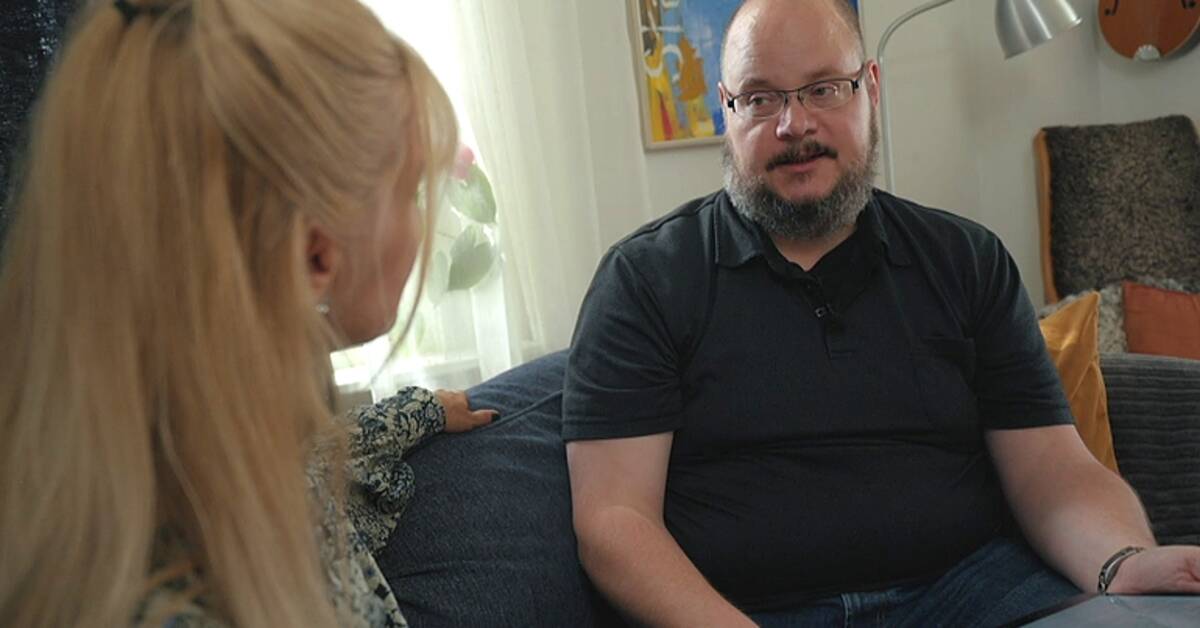In 2016, "Sven" began donating sperm to a clinic in the Stockholm area.
Soon he came into contact with women who sought help privately.
- It is quite a magical feeling to know that you have been able to help children into the world that would never have existed otherwise, says "Sven", who participates openly in Uppdrag gränskning, but who does not want to give his real name.
With his own two children included, he has now, according to his own calculations, helped to create a total of 25 children.
See the report: Sperm theft
He says he is motivated by a desire to help and does not charge beyond his travel and subsistence expenses.
Accepting money for sperm can be illegal.
According to the Genetic Integrity Act, anyone who habitually or for profit provides sperm for insemination outside of care can be fined or imprisoned for a maximum of six months.
40-50 biological children
Mission review has found several men who via online sites donate privately on a larger scale than "Sven".
A man states that he has about a hundred children scattered all over the world.
A private donor in Skåne tells Uppdrag gransning that he has 40–50 biological children and that all are in southern Sweden.
Beyond the control of healthcare
Professor Gunilla Sydsjö is concerned about the private sperm market, which is beyond the control of healthcare.
- We still do not know how many prospective donor siblings we have in Sweden today, says Professor Gunilla Sydsjö.
According to her study at Linköping University from 2015, the risk of donor siblings meeting in Sweden is less than one percent each year.
The figures are based on the National Board of Health and Welfare's advice that a donor may only give birth to children in six families, in addition to his own.
Can donate at several clinics
But today there is no way to check whether a man donates sperm at several different clinics in Sweden.
A donation register is missing.
Health Minister Acko Ankarberg Johansson (KD) states to Task review that the government is now reviewing the issue of a register of gamete donors.
She describes it as important for healthcare providers to gain control over the extent to which individual donors' sperm are used in Sweden.
In "Sven's" case, a donor register would not have made any difference, as his donations take place outside of healthcare.
"Sven" says that he takes responsibility for ensuring that his offspring do not accidentally meet by contributing to a maximum of one child in each municipality.
Then he wants to put an end to it himself.
See how "Sven" keeps track of the children he helps to create - in the clip above.

